Page 1

The results of the general elections are out and BJP has swept its way into Raisina Hill with a clear majority at hand. The country has been in a state of economic turmoil over the last two-three years and factors like fluctuations in dollar-rupee exchange rates, high crude oil prices and ever growing inflation are responsible for the suffering of the automobile industry. The coalition government and lack of strong policy making has been blamed for this climate of uncertainty.
With so much pulling us down it seems the change that many were waiting for is finally here. The people of India have delivered a strong verdict rooting for economic stability, and hopefully, the people as well as the car manufacturers, will invest in India with confidence once again.
The Saffron party has a clear majority and this means it will dictate the new policies and economic measures that will guide the nation for the next five years. We have examined the BJP’s election manifesto and while they have not specifically mentioned anything directly related to the auto industry we have found some of the significant points, the implementing of which will change the fortunes of the auto industry in the long run.
The basic perception about the BJP is that they are corporate friendly so we are hoping that their policies will inspire confidence in automakers to invest in the development of the market. The pending projects may get required attention and funding creating additional jobs as well. BJP -led NDA is also expected to clear any hurdles of further foreign investment which means few more manufacturers may enter the Indian market in the coming years.

But the investments will increase when the sales and cash flow improves. Again, we are hoping for a big change purely on the positive sentiments in the Indian market. India is known to be a sentiment driven country and the share market is showing signs of growth with the news of Narendra Modi becoming Prime Minister.
NDA has also promised to control the spiralling rate of inflation, which should lower the loan rates and automatically benefit the sales. Rupee is also expected to strengthen and it will not only bring down the fuel rates, but also help manufacturers who import components for cars.
The BJP manifesto talks about concentrating on infrastructure by improving rural roads and also developing new port facilities. While the roads will improve market penetration, the port facilities have the potential of further strengthening the image of India as an export hub.
While we are hoping that all of the above will materialise for the betterment of the automobile industry, the actual numbers should be with us by the end of this festive season. There is also one joker card that will have an effect on performance of the industry – monsoon. We are hoping for normal monsoon, as it has a direct impact on the performance of the agro sector which then affects every other industry in this country.

The auto industry too has put in its own set of demand from the new government and we think it only right that we list them here:
•Extend the excise duty introduced during the interim budget
•Ensure long-term stable export promotion schemes with a 10-year term or more
•Keep automobile CBUs in the negative list of the Indo-EU FTA
•Bring down interest rates to make vehicle finance easy
•Include representation of dealers association in policy making on auto industry
•Implement GST to simplify taxation
•Bring labour reform to accelerate growth of the industry
•Boost infrastructure: utilisation of the railways for automobile logistics, improve power and road conditions
•Creation of Auto Zone mandatory for every town
Gallery
1/3
Double Tap to Zoom



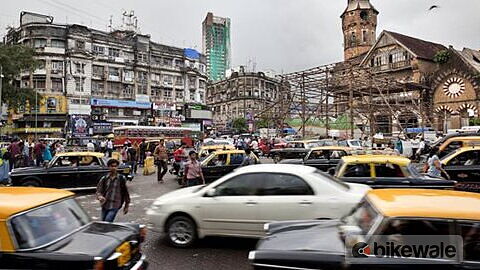



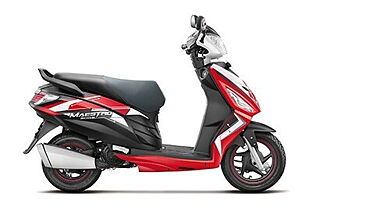



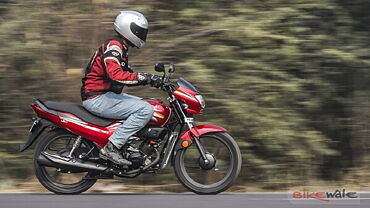

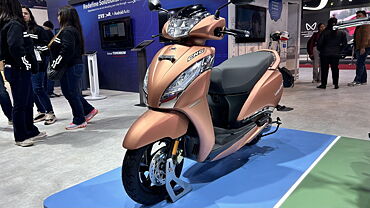
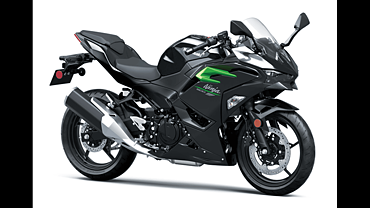
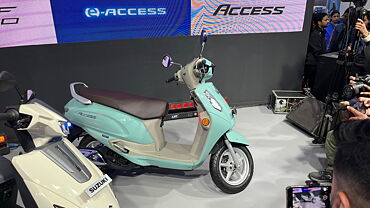
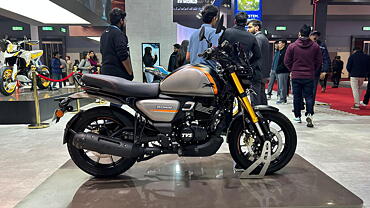

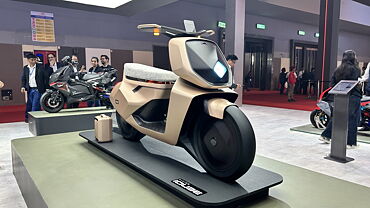








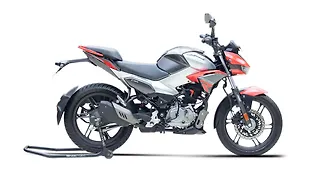

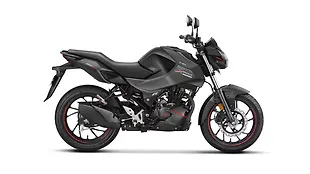

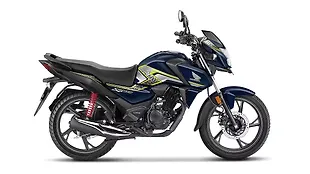



![KTM 390 Adventure X [2025] KTM 390 Adventure X [2025]](https://imgd.aeplcdn.com/272x153/n/cw/ec/190885/390-adventure-x-2025-right-side-view.jpeg?isig=0&q=80)